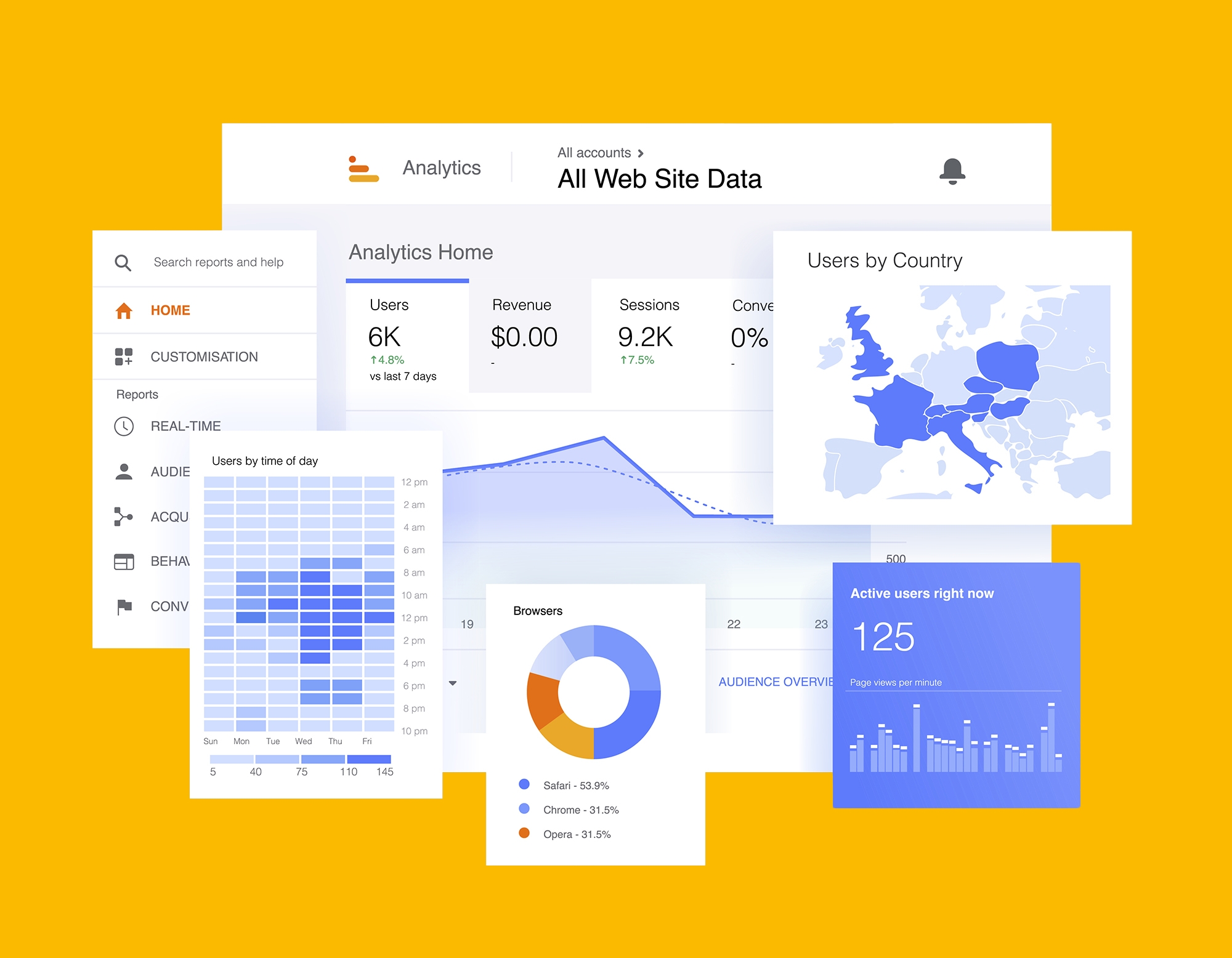From automated bidding to Performance Max automating almost every aspect of a PPC account, the word from Google is, “Trust our AI to do it for you.” But, as any paid search specialist will tell you, that’s not something you can always put your faith in.
Relying on automation is absolutely fine on two conditions: you know for certain that Google actually understands what it is you are selling, and that you have the budget to pay for Google to learn about your specific offering and audience. The first takes some time to demonstrate. Google’s systems are pretty smart, and for many companies, you can rely on them to properly target your ads with just a little oversight from a human being. But they’re far from perfect.
Nuance and Niches
Many companies sell very specific products or services to very specific customers, and Google can often fail to understand the boundaries of those niches. If you sell and maintain pink widgets and only pink widgets, you don’t need your ads appearing for blue gadgets or white whatchamacallits.
The problem is that Google might not see the difference. This can be important if you’re offering financial or professional services, even more so when you let Google come up with its own ad copy. We’ve gone over these dangers in more detail in a previous blog.
When you can’t trust Google to do your advertising by itself, you need to run a good old-fashioned manual campaign. But can you still do that?
Exact Match
If you don’t know what Match Types are, then you’re probably not alone, but in ye olden days of paid search advertising, how you matched what you were targeting with what people actually typed into the search box was defined by match types. Essentially, there were three types; Broad, Phrase, and Exact. To quickly go over the difference, let’s use the keyword running shorts.
Broad match would match any part of your keyword. So anyone typing any combination of “running” or “shorts” had a chance of seeing your advert. As Google’s systems improved, they would try to make sure that the search was at least relevant (so it wouldn’t show for someone typing in “how to deal with a running tap” for example). Today, Google are trying to make broad match the default, relying on their systems being smart enough to pick up the nuance of the user’s intention.
Phrase match would trigger if your keyword formed any part of the search query entered by the user. “Red running shorts”, “children’s running shorts”, “large running shorts” all would trigger your ad. Again, this has been expanded on by Google so you wouldn’t necessarily need to target every variation of the precise wording you want to target. Close match became something Google foisted on everyone and was the beginning of the end of balancing precision with a little leeway in your keyword targeting.
Exact match was the most precise means of running adverts. Unless someone typed your exact keyword into the search box, your ads wouldn’t show. Again, close match was brought in, first to target variations of words (like singular or plural forms of your keyword), then close synonyms, and now any word or phrase that Google thinks is equivalent to what you meant.
It’s this last aspect that makes it difficult to manually craft a precisely targeted advertising campaign. Sometimes it’s not that you’re trying to only target people interested in pink widgets instead of blue gadgets. How about if the marketing of those two products needs to be distinct and the sales pitch for a pink widget needs to be very different to how you promote a blue gadget? Having your previously separated campaigns cannibalising each other can be frustrating. The solution, as with irrelevant search terms, is to use negative keywords. Lots and lots of negative keywords.
Applying Old School Strategies
Relying on manual CPC with careful keyword targeting and actively managing your negative keywords can still get you good results. Balancing a drive for conversions with a desire for a strong return on your ad spend means using whatever works. If Google doesn’t understand your niche, your target audience, or your marketplace without a lot of expensive trial-and-error, then leaving your advertising to Google automatic systems isn’t for you. Performance Max especially needs good data being fed back into it or you’ll find it gets you leads that are very low value or simply irrelevant.
Putting in the leg work to carry out extensive keyword research, setting a sensible maximum cost-per-click, and relying on your ability to manually go through your search terms report on a regular basis to add negative keywords whenever necessary will not only save you a lot of money but also get you those relevant enquiries. You will also find that your return on investment is likely to be much higher. More accurate targeting means less waste, and your tight control on your CPCs means that those irrelevant searches that might slip through aren’t wasting your whole day’s ad budget.
Of course, you possibly don’t have the time to do all that work yourself. That is why the honoured role of PPC specialist still exists. If you need help with your paid advertising, we do have those experienced PPC specialists available to help you.



